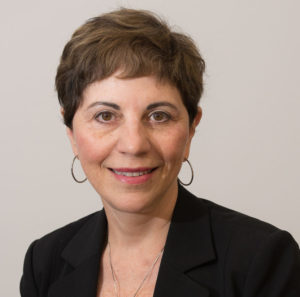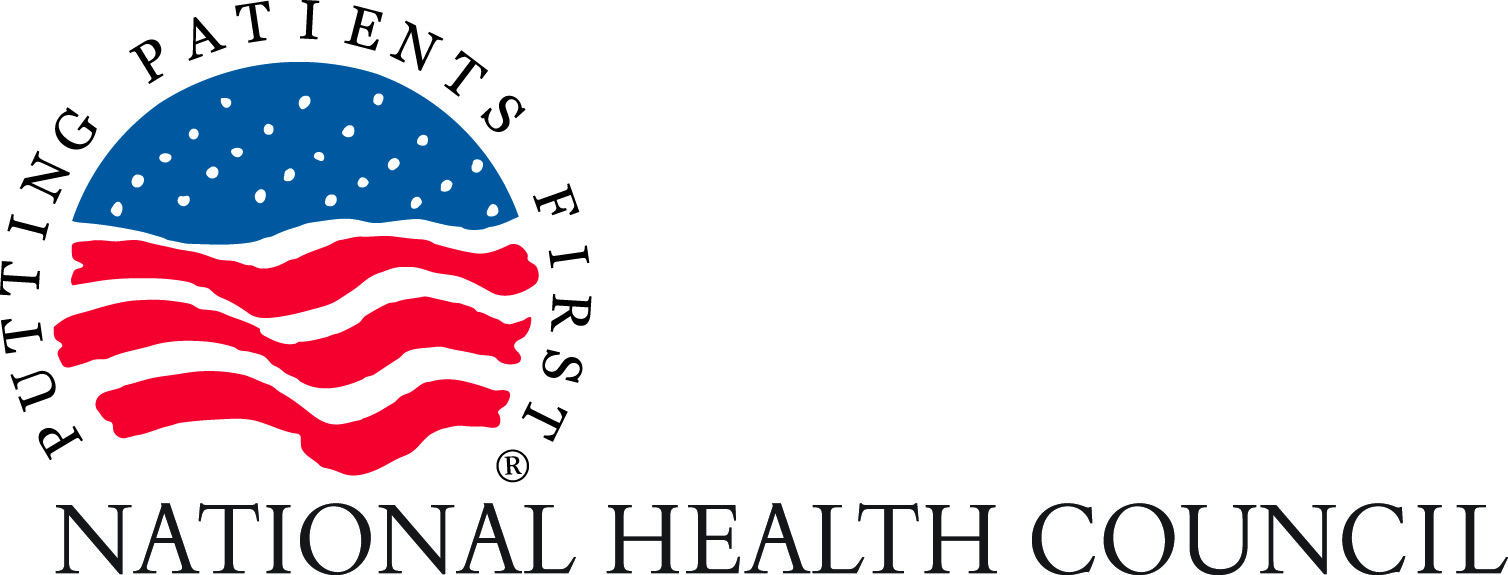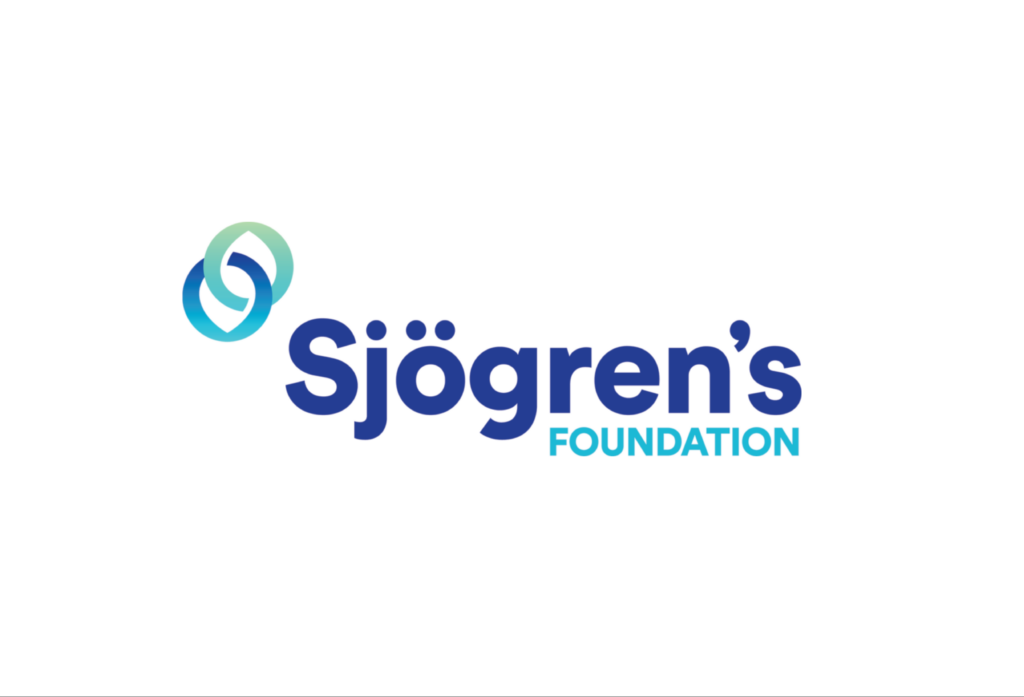Following is a Q&A to get to know Eleanor Perfetto, PhD, MS, Executive Vice President of Strategic Initiatives who began working at the NHC in January 2015.
Putting Patients First (PPF) Blog: Tell us about your career and what lead you to the NHC?
I grew up in a family of pharmacists. My career path was predetermined! I started my professional career as a US Public Health Service pharmacist, serving for five years on the Pine Ridge Indian Reservation in South Dakota and a year in Oklahoma. That inspired me to pursue my master’s degree and then PhD in public health. With that background, I went on to continue work in government (at what is now AHRQ), then in private and public companies, and academia.

In my role at Pfizer, I was working with a number of patient organizations, including the NHC, at a time when I was a caregiver and advocate for my husband who had a debilitating, life-threatening illness, Chronic Traumatic Encephalopathy (CTE). My work and personal worlds were colliding.
A reporter asked me one day, “When did you decide to become an advocate?” The question stopped me dead in my tracks. My thought was, “OMG – I am an advocate.” I had never thought about what I was doing as advocacy until that moment. My answer to that reporter was, “No one ’decides’” to become an advocate, you just do what you have to do.”
So, the day the NHC’s former Chief Executive Officer Marc Boutin called me, over six years ago, to ask if I was interested in an opening he had at the NHC, I jumped at the chance and have never looked back.
PPF Blog: As a member of the NHC’s executive leadership team, you provide strategic direction for the NHC. How does this move the organization forward?
Our mission and strategic plan set the general blueprint for our work. I look for those opportunities where the NHC can make a difference in patients’ lives in ways that are in alignment with that blueprint and that leverage the strengths of the NHC, its staff, and its membership. It moves the organization forward because we always to try to be ahead of the curve, so our membership is ready for the opportunities and challenges ahead.
PPF Blog: What makes the NHC different from other health-related organizations?
The NHC is different than other health-related organizations in a number of specific ways. With our 64 patient-group members, we truly embody the voice of millions of Americans with at least one chronic disease and/or disability. We make sure our patient-group members lead our organization and its efforts. They make up the majority of our Board and the majority of all committees, task forces, etc. that we form to guide our work. They run the show!
We also encourage all stakeholders to come to the table, patient groups, other nonprofits, government, industry, professional associations, payers, etc. to ensure equitable access, affordability, and sustainability of high-quality care for all Americans. We bring them together to amplify the patient voice.
PPF Blog: What upcoming projects are you most excited about?
I am excited about all our projects from our health equity initiative to the work we are doing in patient experience with telemedicine and improving the patient voice in value assessment. One that I am especially excited about is on Patient-Centered Core Impact Sets or PC-CIS.
We see wide variation in the metrics used to study health conditions and treatments, and often clear misalignment between what is measured and what matters most to patients and their families. The result is confusion, missed opportunities, and inefficiency. We need standardization to help stakeholders get data collection right when it comes to the disease and treatment impacts patients and families report as most important to them.
A disease-specific, patient-centered core impact set (PC-CIS) is a possible solution. A PC-CIS is a patient-prioritized list of impacts a disease and/or its treatments have on a patient or their family and caregivers. The term, “impacts,” includes short- and long-term health outcomes, and any other related implications (e.g., caregiver/family stresses, economic burden, work and career loss, etc.). Unfortunately, these PC-CIS do not currently exist.
We are leading a multi-stakeholder effort to create a blueprint and toolkit the patient community and others can use to develop a PC-CIS for a specific disease, related diseases, or population(s). Our vision is to create a smooth pathway for PC-CIS development by patient groups and their partners (e.g., patient-group consortia, medical-product companies, government entities, others) to ensure the sets are available for the future.
PPF Blog: What’s your favorite thing about working at the NHC?
I get to work with great people every day, on our staff and in our membership, who are dedicated to improving the lives of patients.
PPF Blog: Tell us something about you personally. What is something you do outside of work?
I love to cook, eat, and entertain! So, during the pandemic there was lots of cooking and eating, but definitely constraints on the entertaining. I will be trying to make up for that this summer!



